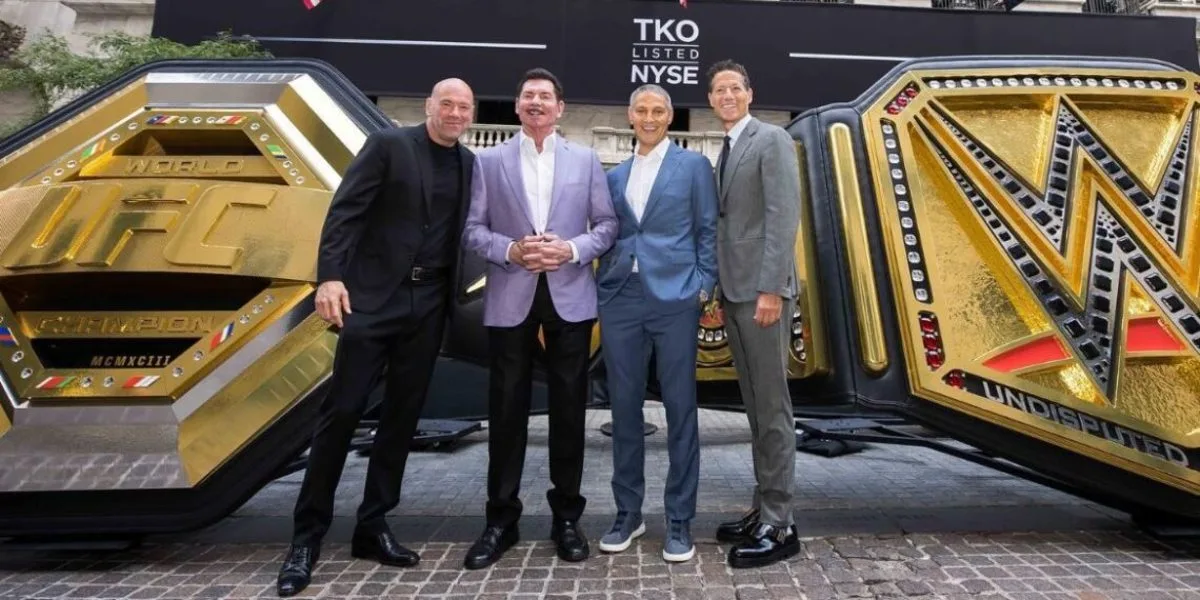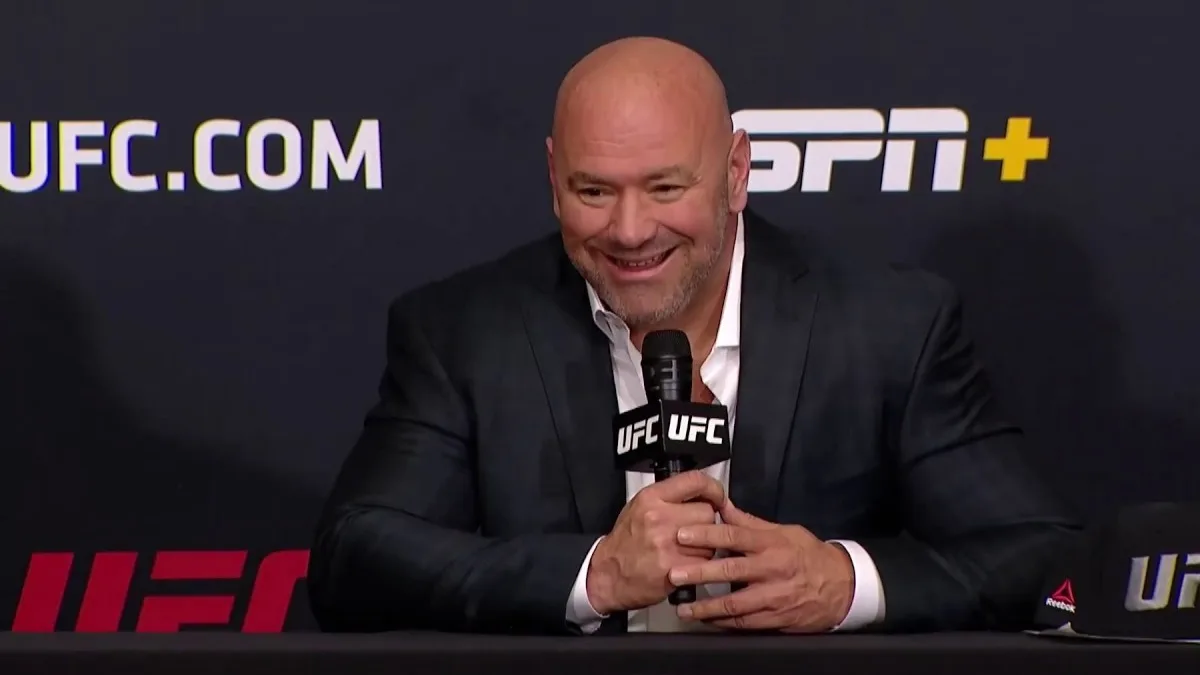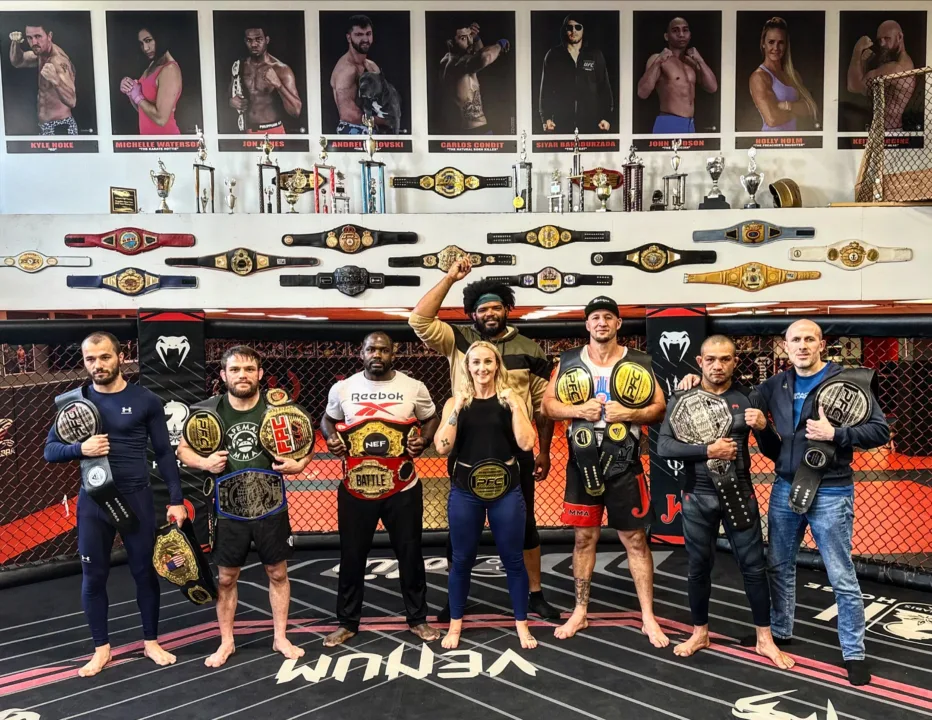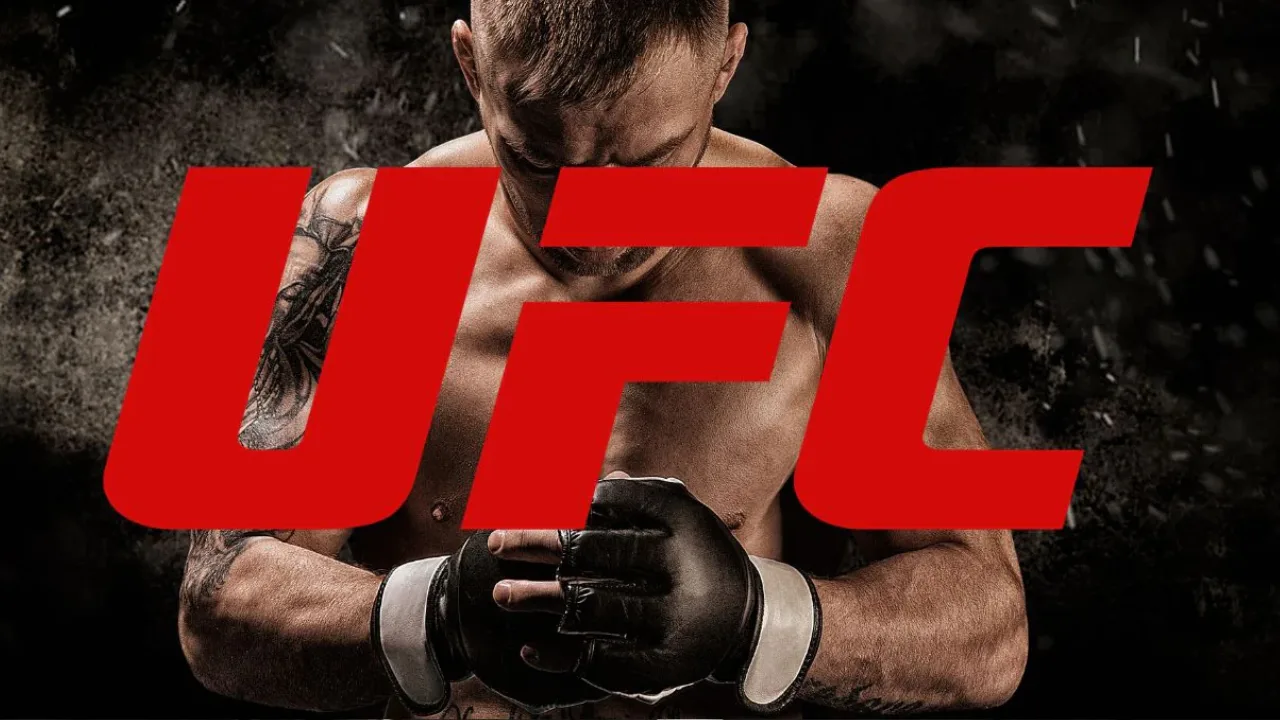UFC Leadership: President Dana White made the news not long ago by joining Meta’s board of directors, making discussions about his rising impact beyond the ring. It was yet another sign that the UFC isn’t just about fighters and fight nights anymore. But it’s also about the business minds backside playing an important role in shaping the sport’s future on a global scale.
The Ultimate Fighting Championship (UFC) has evolved from a border show in the 1990s into a multi-billion dollar empire and a cornerstone of modern mixed martial arts (MMA). As the sport’s popularity bloomed, the complexity of running its most powerful organisation. That’s where the UFC’s leadership structure comes in: a complex mix of operational expertise, media strategy, and visionary organisation.
At the head of the UFC’s future is a small group of key executives whose decisions shape not just matches and events but the direction of MMA worldwide.
Table of Contents
Current UFC Leadership Chain
- Dana White
He is the recognised face of the UFC. As CEO, he’s been with the organisation and is frequently recognised, turning it into the global drive it is today. Beyond his responsibilities as a promoter, White remains deeply involved in matchmaking, talent development, and strategic planning. His unique style, straightforwardness, and business instincts have helped the UFC break into building collaborations, and expanding networks. - Lawrence Epstein
UFC’s Chief Operating Officer is the man behind the curtain to go as planned without any difficulty. From regulatory affairs to corporate partnerships, Epstein ensures that the UFC’s day-to-day operations and global expansions go off without a hitch. He’s also played a key part in lobbying for MMA’s legalisation across numerous U.S. states and all other countries worldwide. - Hunter Campbell
Chief Business Officer and is one of the UFC’s most influential yet unnoticeable people. Mostly known as Dana White’s right-hand man, Hunter Campbell handles contract debate and fighter relations and plays a main role in planning UFC’s legal and business plan. Many insiders see him as the likely successor to White, given his deep involvement in important decision-making.
- Others
Other important people include Nick Khan, a top executive at TKO Group Holdings, who brings experience from the sports media and previously worked as WWE’s CEO. Though not only focused on UFC, his impact within the parent company impacts UFC’s broader business moves and media positioning.
UFC Leadership: Positions and Parent Company
UFC officially collaborated with WWE to form TKO Group Holdings, a new sports entertainment huge under the umbrella. This move gave two global fanbases and opened new commercial pathways in broadcasting and live events.
Ari Emanuel, CEO of Endeavor, is a key architect of this vision. He is more than just an MMA phenomenon, his dedication to working UFC’s commercial possible, especially through global markets, continues to guide the organisation into a new region.
Important Roles and Responsibilities of UFC Leadership

At the top, Dana White, as CEO, remains the public figure and primary strategist. He balances promotional works with media relations and long-term planning, constantly looking for different ways to increase the brand.
Lawrence Epstein, as COO, keeps the machine running whether that’s coordinating with athletic commissions, managing partnerships, or developing global growth plans.
Hunter Campbell, the CBO, picks up much of the UFC’s internal structure, especially when it comes to judicial matters, fighter negotiations, and complicated business plans.
At the corporate level, Endeavor’s leadership provides resources and calculated mistakes, mostly when it comes to use. UFC’s brand across entertainment and tech platforms.
Latest Developments and Future Plans
Dana White’s appointment to Meta’s board of directors in 2024 raised eyebrows but also pointed toward an interesting shift. UFC is increasing in technology, especially in artificial intelligence, for things like match analytics, fan interaction, as well as digital content creation. UFC Leadership could redefine how audiences see the sport shortly.
Meanwhile, UFC leadership is deep in broadcasting negotiations as its current deals near close. With digital distribution services now dominating the sports communications environment, UFC’s next deal make reshape how fans view fights worldwide. The Administration is targeting a mix of availability and difference, possibly mixing traditional broadcasting with platforms like ESPN+ or even new streaming partners.
Apart from the media, strategic growth remains a top on the list. The UFC has made aggressive pushes into international markets, including events in Abu Dhabi, Brazil, and China. With the TKO collaboration giving new resources and WWE’s global experience, UFC is better positioned than ever to become a truly worldwide brand.
Conclusion

From Dana White’s bold vision to Hunter Campbell’s quiet negotiations and Lawrence Epstein’s regular operations, the UFC’s leadership team is a mix of personalities, and knowledge teaming up to keep the brand at the top of the fight game. Behind every packed arena is a carefully managed strategy driven by these executives.
As the UFC shows a future filled with new digital technologies, international expansion, and the growth of media, these leaders are the ones creating the course. Their impact increases in the cage, setting the tone for where MMA is headed next not just in the U.S., but around the world.
In high-pressure combat sports, the fighters may get the fame, but it’s the executives who decide where that attention shines next in the sports.

